Veja Também -
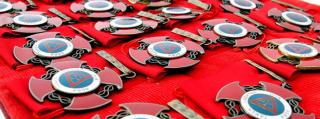 Minas Gerais entrega Medalha da Inconfidência a 171 personalidades e instituições
Minas Gerais entrega Medalha da Inconfidência a 171 personalidades e instituições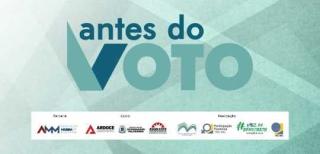 Projeto 'Antes do Voto 2024' chega a Governador Valadares, Montes Claros e Uberlândia
Projeto 'Antes do Voto 2024' chega a Governador Valadares, Montes Claros e Uberlândia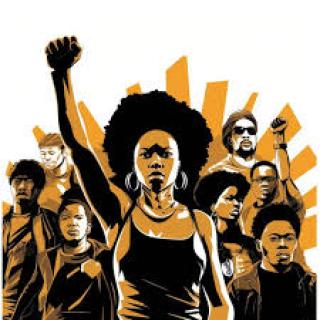 Projeto apoia população negra, minorias e influencers em Montes Claros
Projeto apoia população negra, minorias e influencers em Montes Claros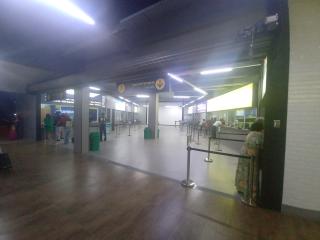 Nova rodoviária de Governador Valadares impede acesso de populares; só com passagens
Nova rodoviária de Governador Valadares impede acesso de populares; só com passagens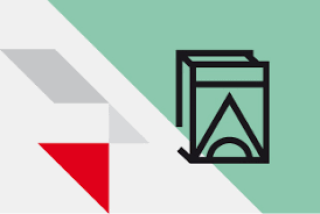 Projeto 'MP em Movimento, chega a Montes Claros, em 18 de abril
Projeto 'MP em Movimento, chega a Montes Claros, em 18 de abril- Veja + Revelia News
Revelia News
Postado dia 17/07/2022 às 19:21:04
Francisco Morales Bermudez, ex-Peruvian military ruler, dies at 100
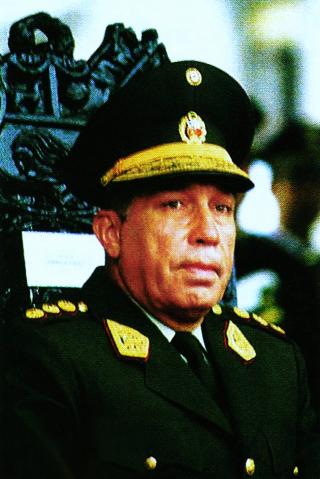
Francisco Morales Bermudez, a Peruvian army general who seized power in a 1975 coup and steered the country to elections five years later, but also joined other South American strongmen in a clandestine network that left hundreds of political opponents jailed or presumed killed, died July 14 in the Peruvian capital, Lima. He was 100.
Mr. Morales Bermudez’s son, Remigio Morales, confirmed the death, but did not provide a specific cause.
Mr. Morales Bermudez was among the last surviving leaders from the military-led juntas that held sway over much of South America in the 1970s and 1980s, often with support from Washington as anti-communist allies despite widespread repression and rights abuses.
At first, Mr. Morales Bermudez stood somewhat apart from the region’s right-wing rulers. Days after taking power in August 1975, he vowed to keep alive some of the socialist-style policies of ousted Gen. Juan Velasco, including nationalization of key industries and a “militant, active anti-imperialism” stance.
He later drifted more in line with the other military juntas, courting U.S. support and aid and loosening state controls on the economy. Another major shift: aiding a regional network, known as Operation Condor, to arrest or extradite political opponents, many later “disappeared” as apparent victims of death squads.
The precise number of people killed after cross-border renditions under Operation Condor remains unclear. John Dinges, a longtime writer on Latin American affairs and author of the 2004 book, “The Condor Years,” said he has documented more than 650 cases. The repression, however, was part of a much larger wave of brutality by South American regimes against dissidents, opposition clerics, journalists and others that led to tens of thousands of people imprisoned or disappeared.
U.S. government files, including some uncovered in 2020 by researchers at the National Security Archive in Washington, showed American officials were aware of Operation Condor, led by Chilean dictator Gen. Augusto Pinochet, but apparently did little to rein it in. The South American governments at the time used a communications network built on encryption machines from a Swiss company called Crypto AG, which was secretly owned by the CIA as part of a decades-long operation with West German intelligence.
In Peru, meanwhile, Mr. Morales Bermudez received signals of support from the White House.
He was hosted in Washington for Latin American summits and, in June 1977, first lady Rosalynn Carter joined Mr. Morales Bermudez and his family at a Peruvian resort. Secretary of State Henry Kissinger visited Lima in early 1976 and endorsed Mr. Morales Bermudez’s “fresh vision” based on “international realities” — a clear nod toward the general’s move away from the Soviet Union and its allies.
“We sense some disquiet in the Cuban Embassy here,” said a classified U.S. Embassy cable from Lima in July 1976, part of a trove of State Department documents made public by the secret-spilling group WikiLeaks.
Conviction in Italy
In 2017, an Italian court convicted Mr. Morales Bermudez in absentia for the Operation Condor disappearance of more than 40 people, including more than 20 with dual Italian citizenship. A life sentence was given to Mr. Morales Bermudez and other former political and military leaders in Latin America including former Bolivian president Luis García Meza Tejada.
In February, Italy’s highest court rejected an appeal by Mr. Morales Bermudez’s defense team.
Authorities in Buenos Aires also opened a probe into Mr. Morales Bermudez over the capture of opponents of Argentina’s military regime at the time, including three people suspected of links to Argentina’s dissident Montonero guerrilla movement kidnapped by Argentine soldiers in Lima in 1980.
Mr. Morales Bermudez denied being a formal part of Operation Condor, but acknowledged his government cleared the extradition of some people wanted by Argentina’s military regime. He often said that he needed to avoid conflicts in the region to keep focused on his goal of restoring civilian rule.
He allowed elections in 1980 amid an economic crisis that left his regime struggling. Voters returned to the presidency Fernando Belaunde, who was ousted in a 1968 coup that began 12 years of military rule in Peru.
“Ambiguity is a good term to describe [Mr. Morales Bermudez],” said Dinges. “He did bring the country back to an elected government. He also was not of the brutality level of Pinochet and others. But that doesn’t clear him, either.”
Francisco Remigio Morales Bermudez Cerruti was born Oct. 4, 1921, in Lima with a political pedigree. His grandfather, Remigio Morales Bermudez, led Peru as president from 1890 to 1894.
His father, Lt. Col. Segundo Remigio Morales Bermudez, was killed in a possibly politically motived attack in 1939. Mr. Morales Bermudez took increasingly prominent roles in the military-led regime after the 1968 coup. (He also served briefly as economy minister in Belaunde’s first civilian government.)
Mr. Morales Bermudez twice served as Velasco’s economy minister and was Peru’s prime minister, a mostly ceremonial post, when he seized power in 1975. He quickly tried to bring a political truce, allowing a return to Peru for all political figures, journalists and others exiled under Velasco.
Mr. Morales Bermudez ran for president in 1985, but received little voter support. He is survived by his son. Details on other survivors were not immediately clear.
In June 2021, Mr. Morales Bermudez made one of his last public appearances at a voting station in San Isidro outside Lima. He arrived in a wheelchair with a long scarf wrapped around his neck. He made no mention of the prosecution over Operation Condor.
“My reflection is that we are going through difficult times,” he told a journalist, “and the vote, although mine is humble, is necessary.”




